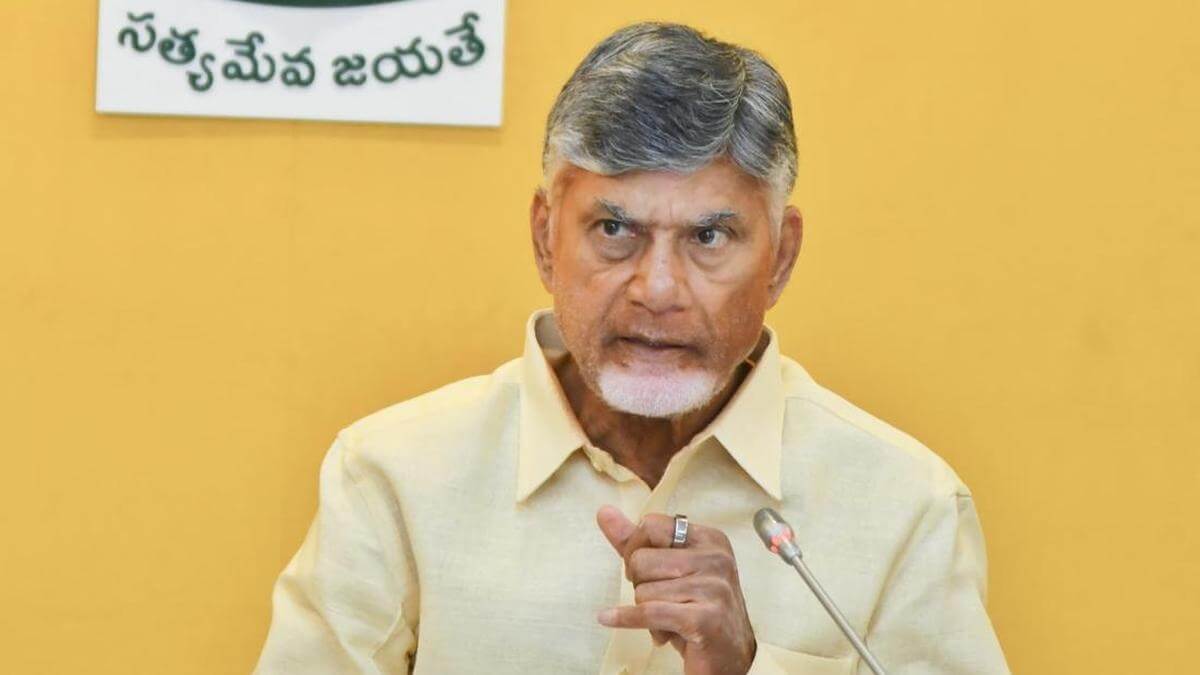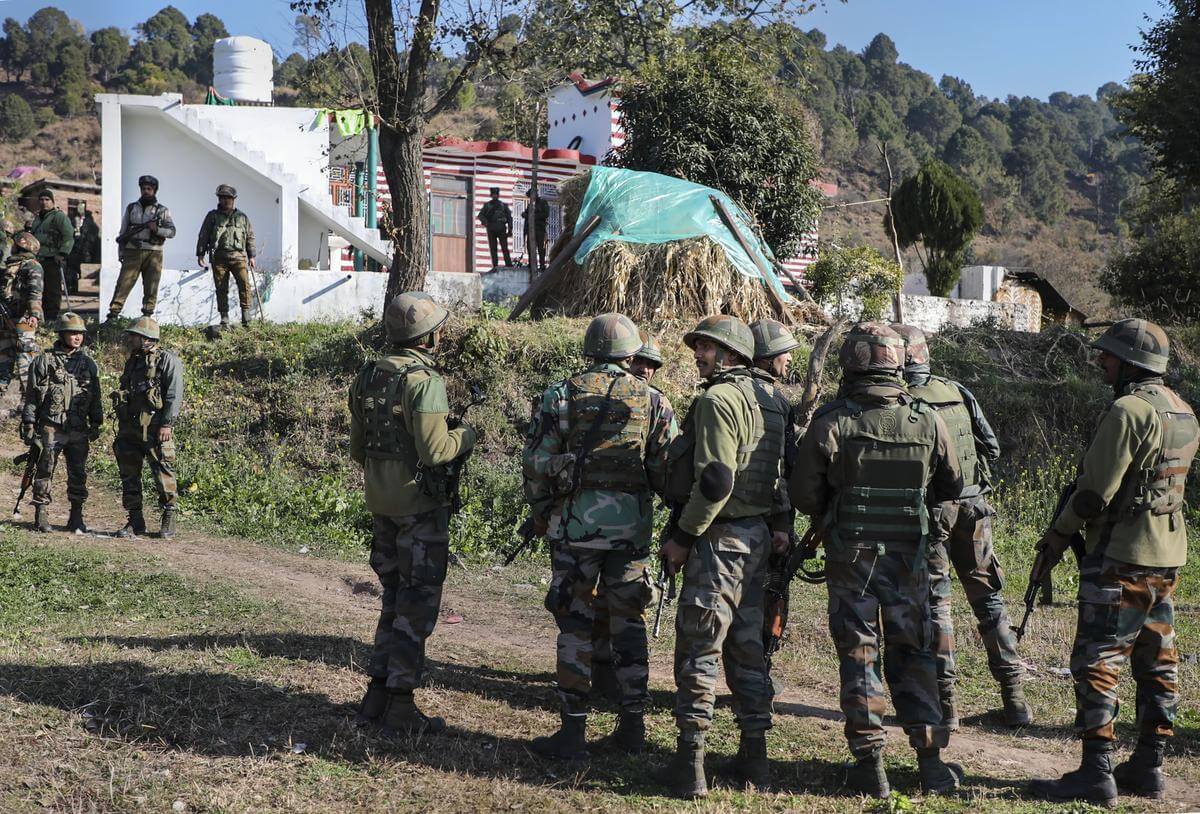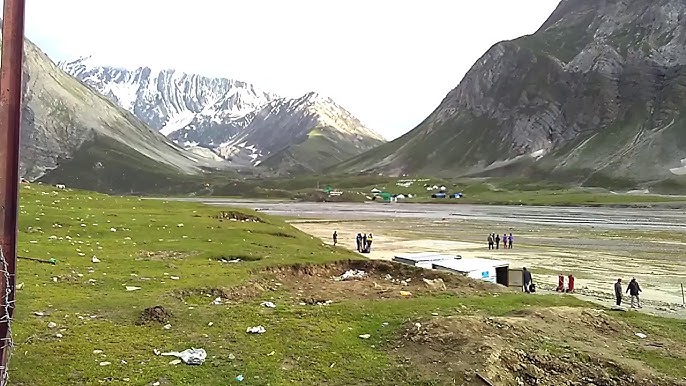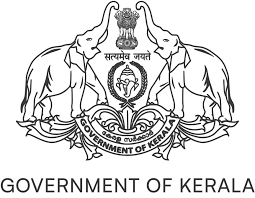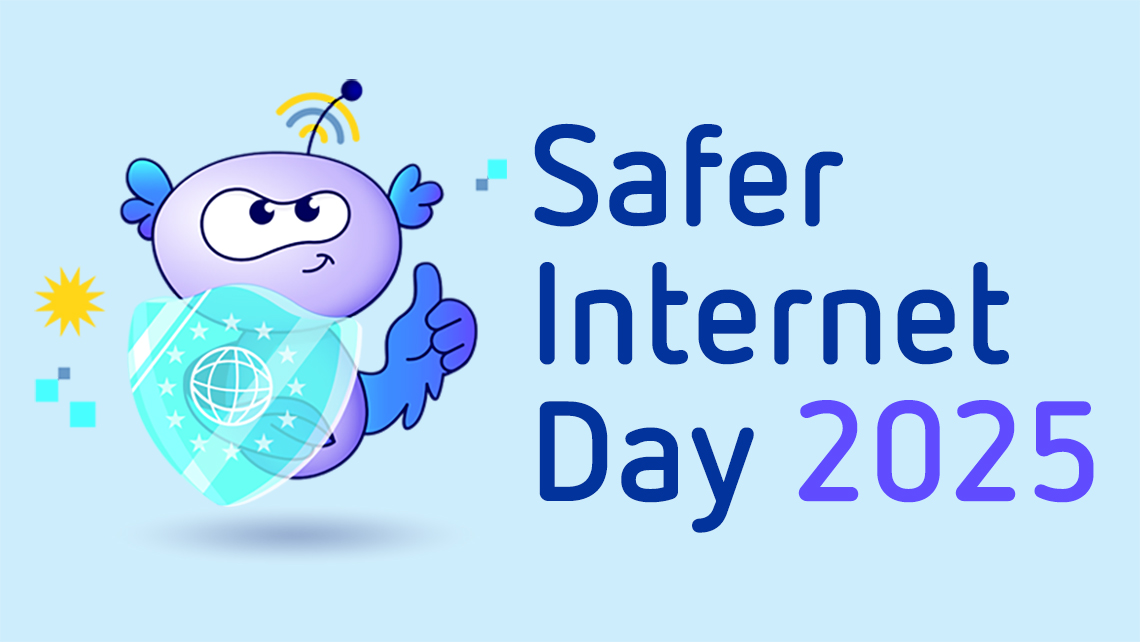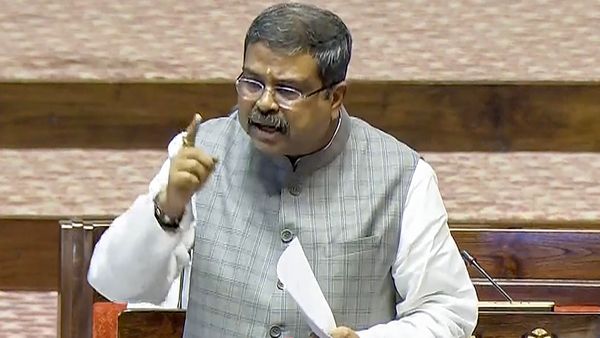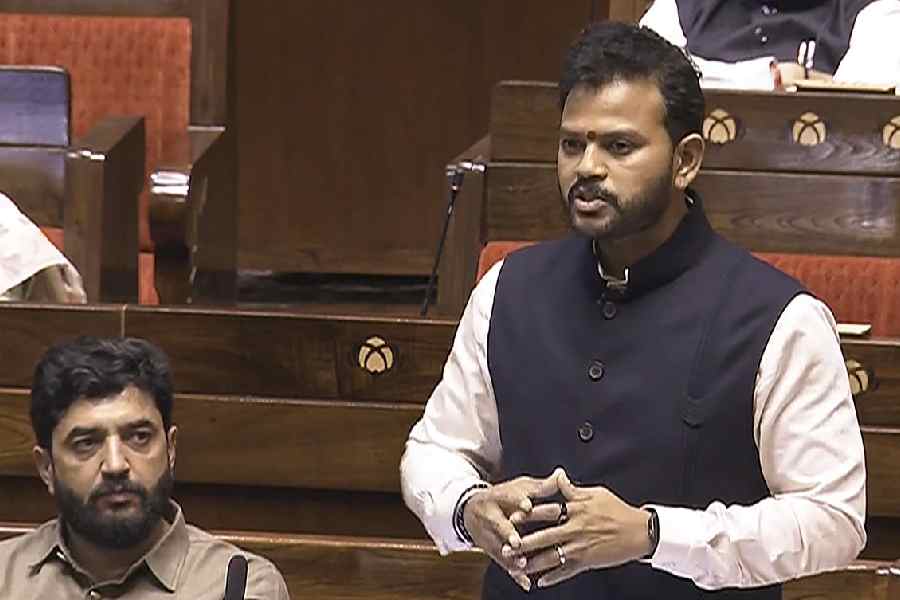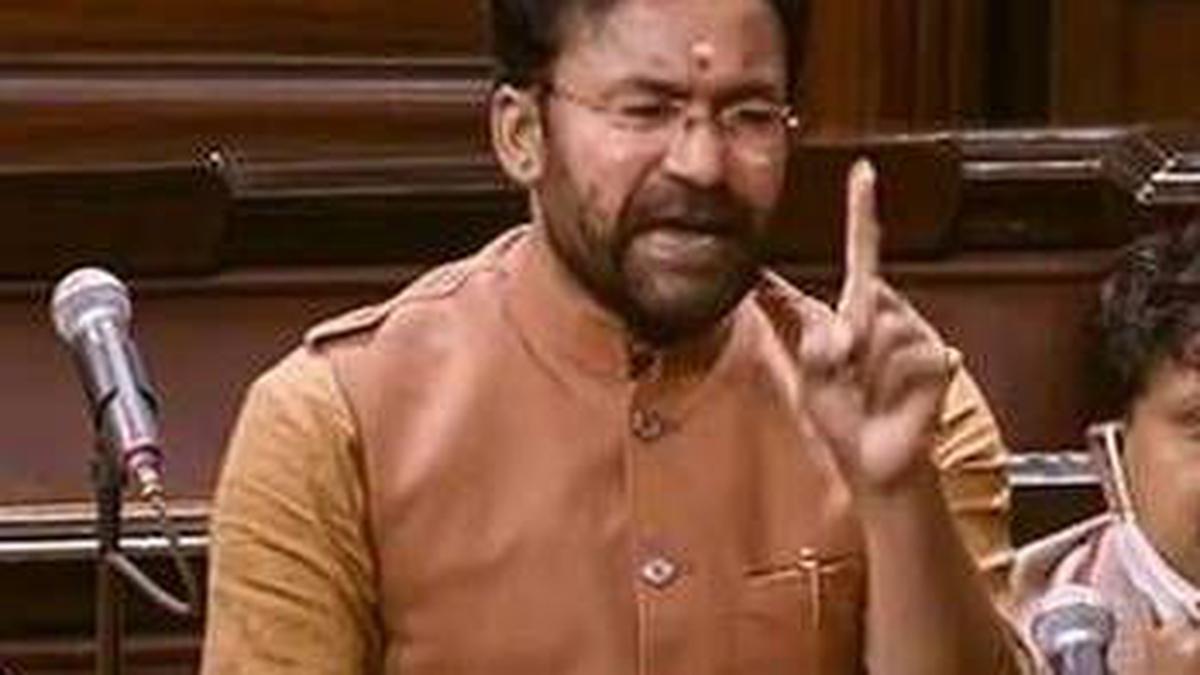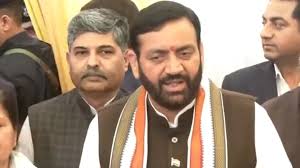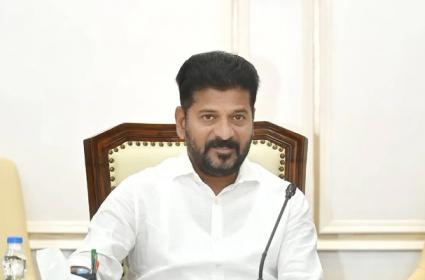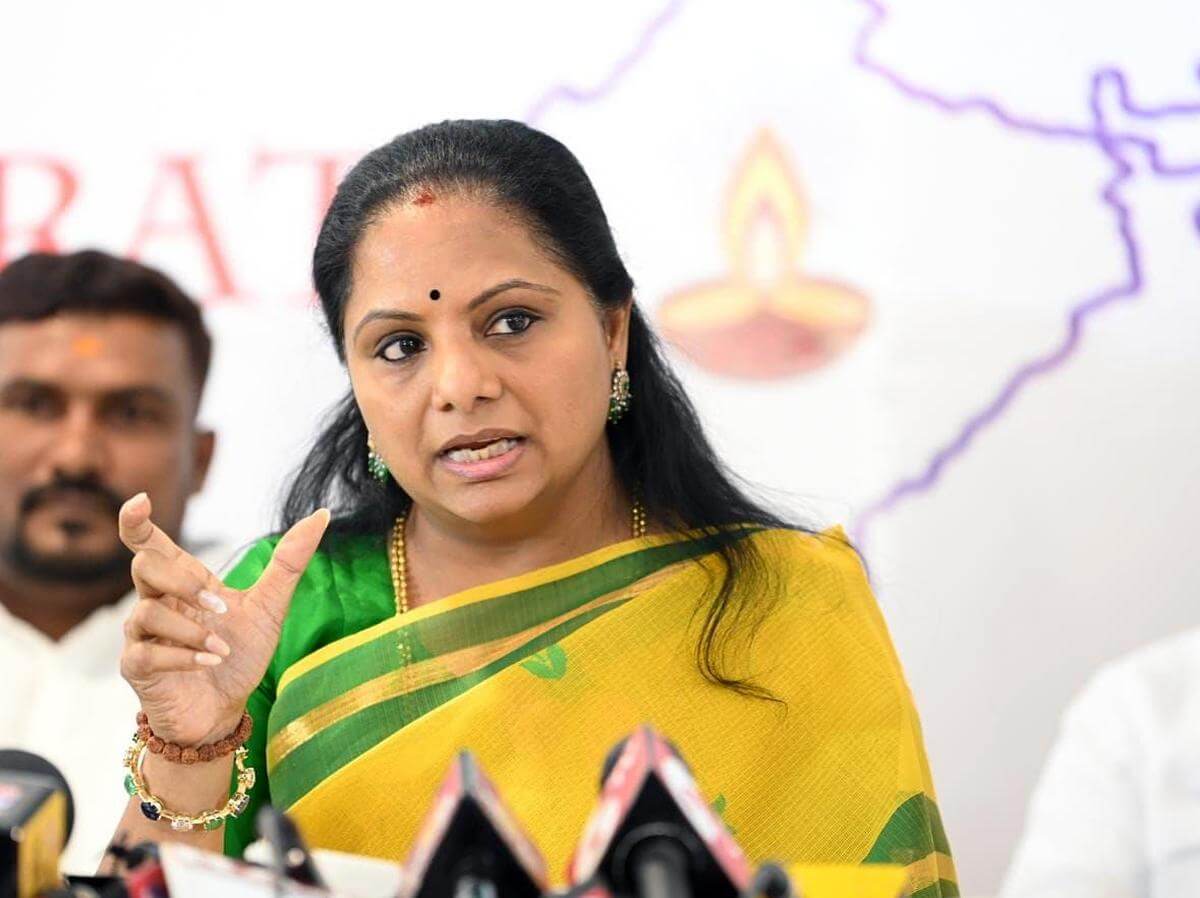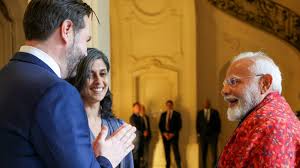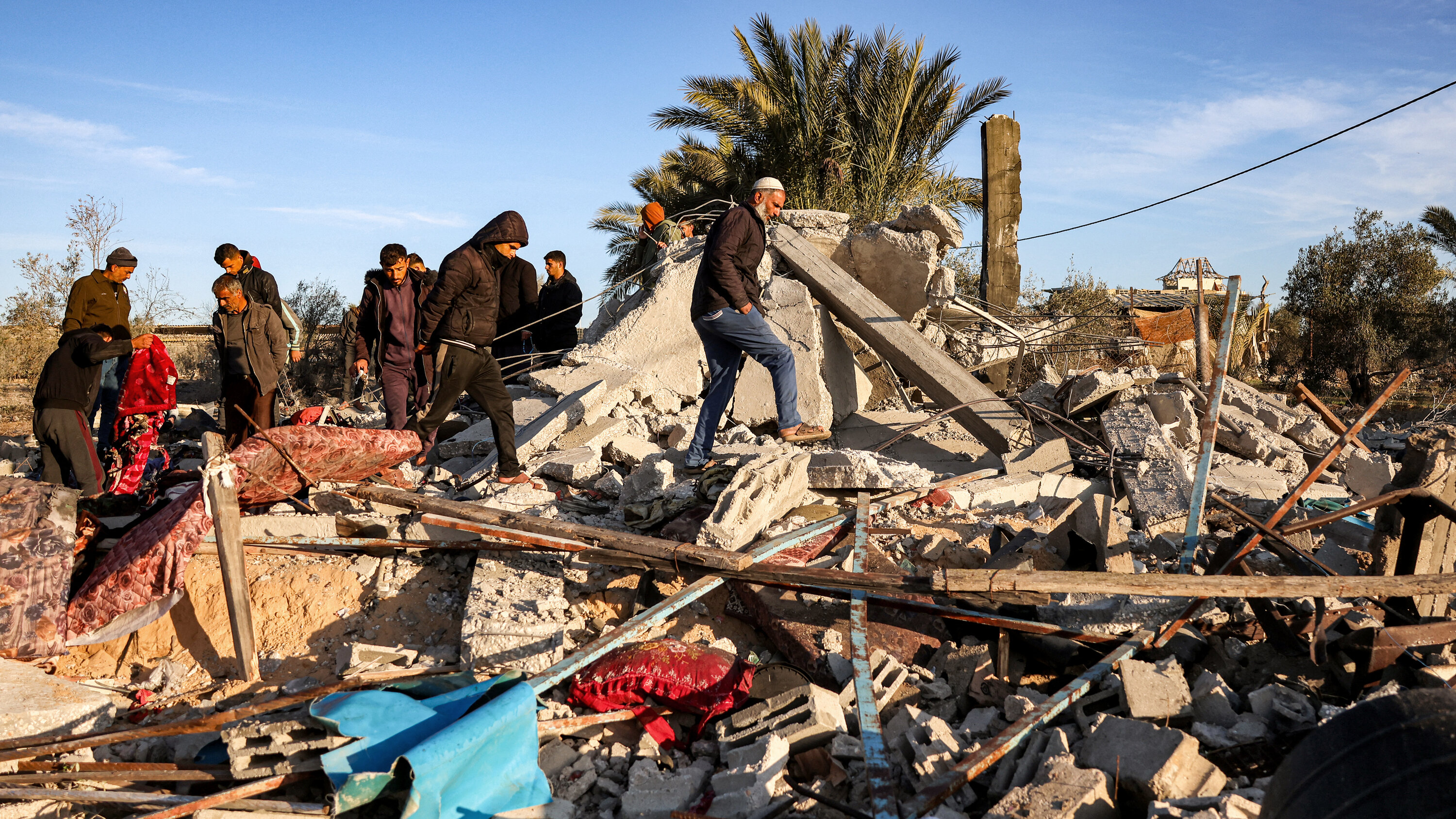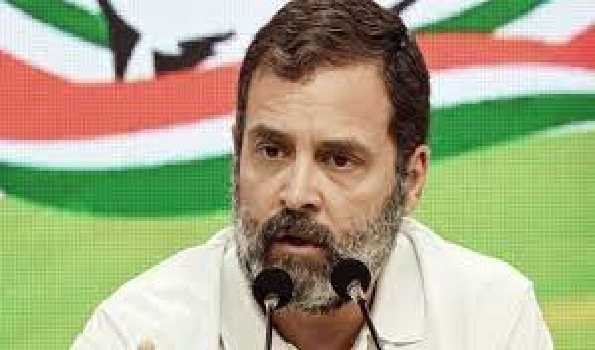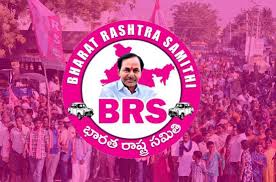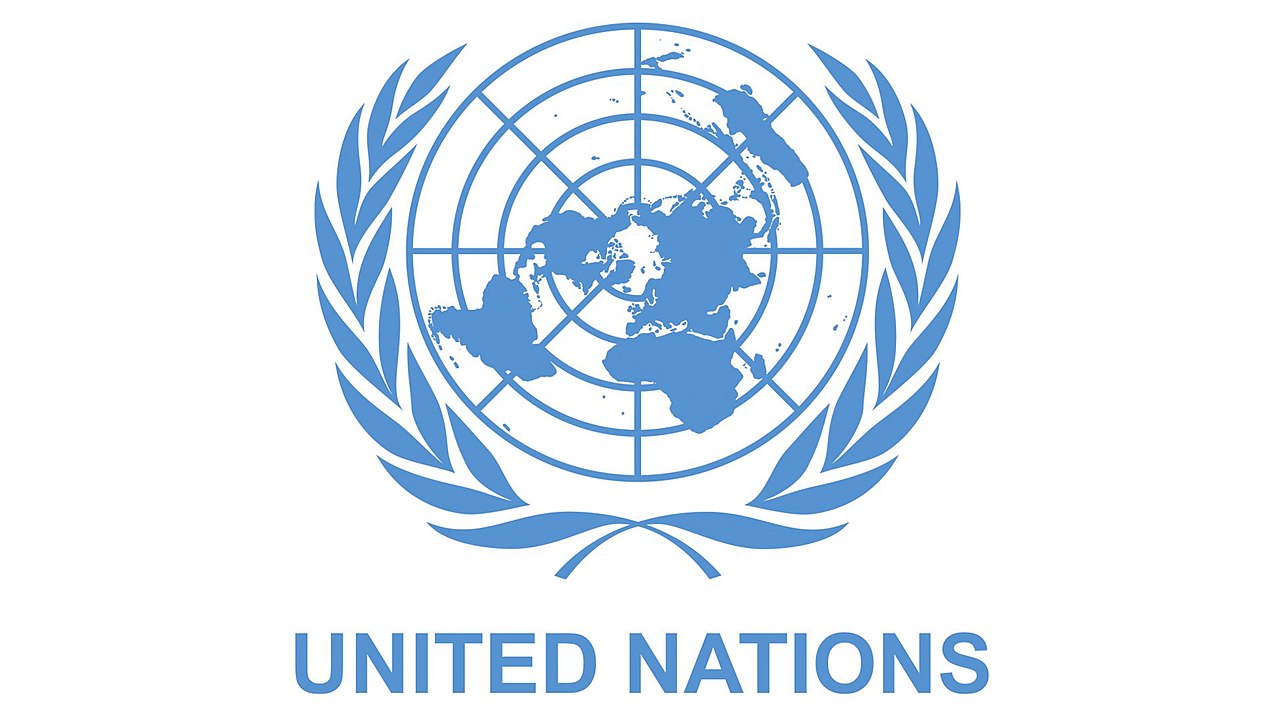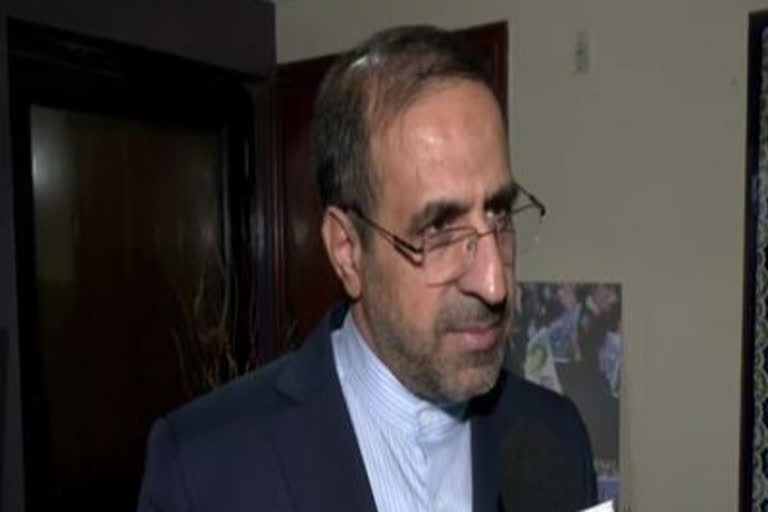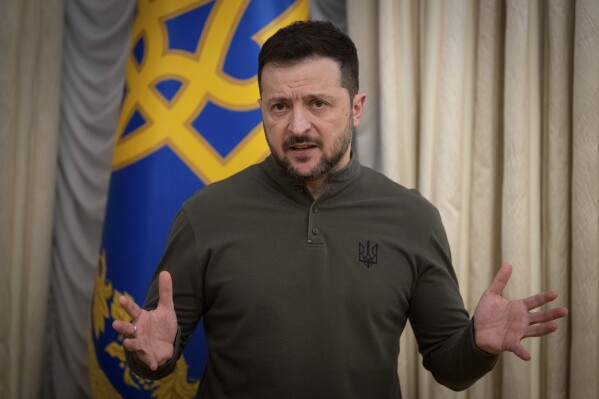JNU students start protest march, stopped by police
Mon 18 Nov 2019, 16:17:53
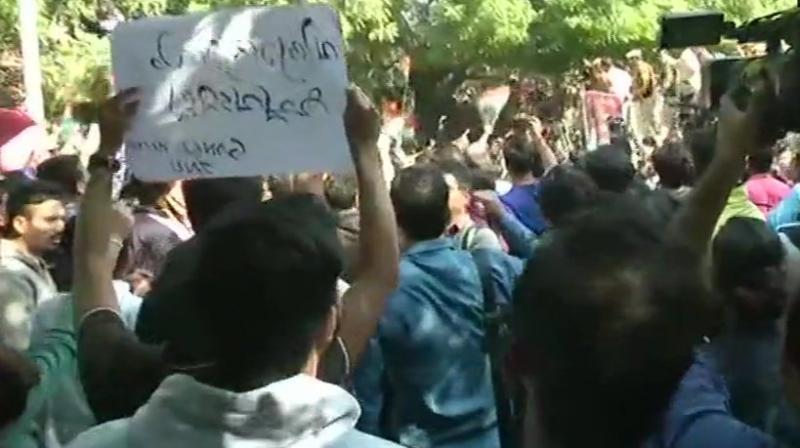
Demanding a complete rollback of the hostel fee hike, hundreds of JNU students on Monday started their protest march from the university campus towards the Parliament amid heavy police deployment.
The varsity's students have been protesting for nearly three weeks against the draft hostel manual, which has provisions for hostel fee hike, dress code and curfew timings.
The police said ten companies have been deployed outside JNU. One company comprises 70 to 80 personnel.
A senior official said police personnel are accompanying the agitating students during the march to ensure no untoward incident takes place.
Initially, the barricades outside JNU's gates were removed and the students were allowed to march. The police later stopped the march around 500 metres from the varsity's gates.
Former JNU Students' Union president N Sai Balaji said, "Delhi Police stops JNU students peaceful march to parliamentarians! The Mhrd is fooling students by forming committee. Why didn't the committee suspend fee hike till dialogue is happening? We are demanding a rollback of the fee
hike."
hike."
The protest march comes on the first day of the Parliament's Winter Session, which will end on December 13.
Earlier, the HRD Ministry appointed a three-member committee to recommend ways to restore normal functioning of the Jawaharlal Nehru University (JNU).
Akshat, a JNU student said, "The students' union has not been informed by the ministry about the formation of a panel. The administration officials and the panel should speak to the elected union to solve the issue."
Priyanka, another student said, "We are being given a lollipop in terms of the partial rollback. I am the first from my family to reach university. There are many others like me. Education is not the birthright of a privileged few."
Students took out the march carrying banners which read "save public education", fees must fall" and "ensure affordable hostels for all".
Another student, who did not wish to be identified, said, "We haven't seen our VC in a long time. It's time that he comes out and talks to us. Instead of appealing to us through teachers and other methods, he should initiate a dialogue with us. "
No Comments For This Post, Be first to write a Comment.
Most viewed from National
Most viewed from World
AIMIM News
Delhi Assembly polls: Owaisi leads Padyatra in Okhla
Feb 01, 2025
We reject this Waqf Amendment Bill: Asaduddin Owaisi
Jan 30, 2025
Latest Urdu News
Most Viewed
May 26, 2020
Which team will win the ICC Men's Champions Trophy 2025 held in Pakistan/Dubai?
Latest Videos View All
Like Us
Home
About Us
Advertise With Us
All Polls
Epaper Archives
Privacy Policy
Contact Us
Download Etemaad App
© 2025 Etemaad Daily News, All Rights Reserved.


